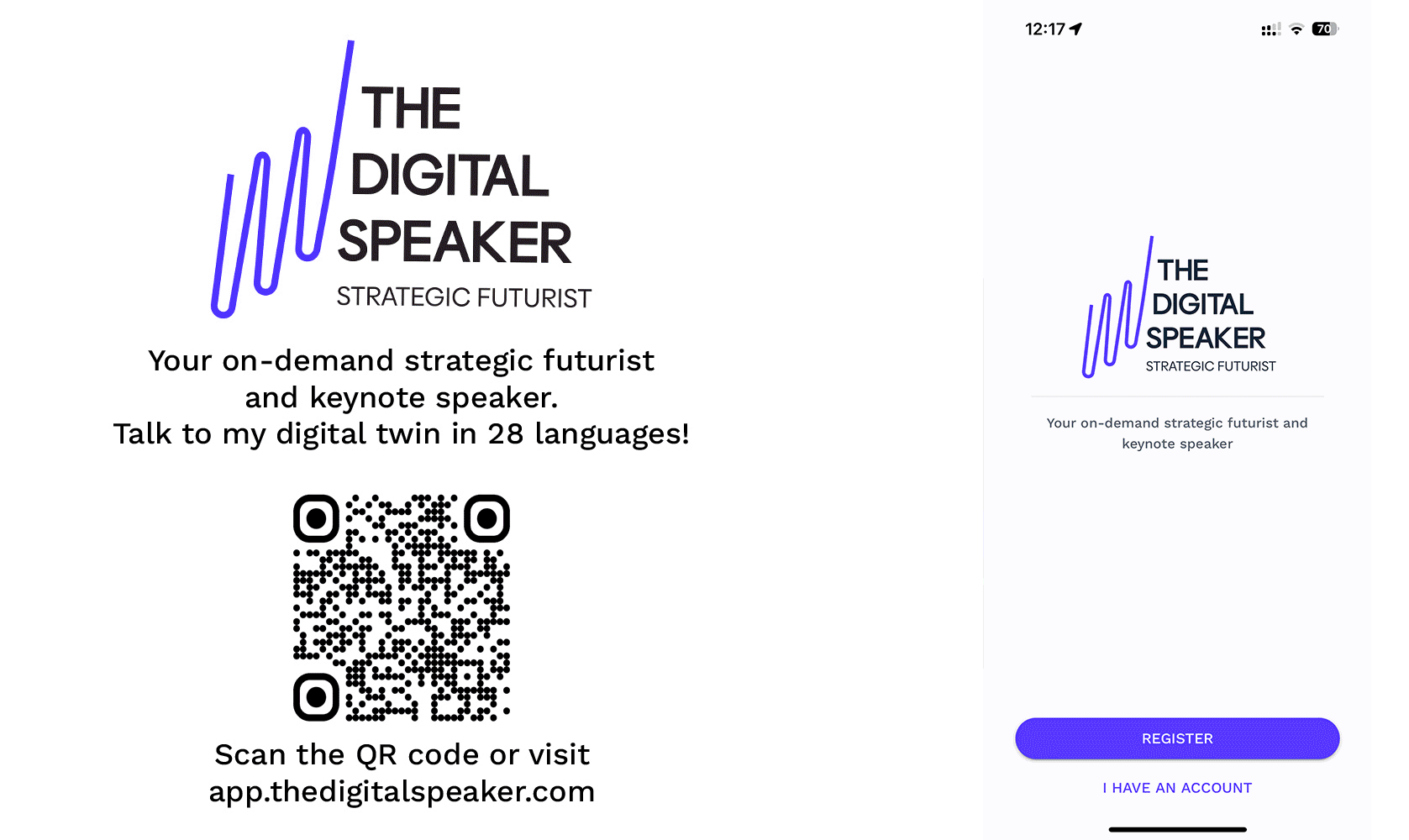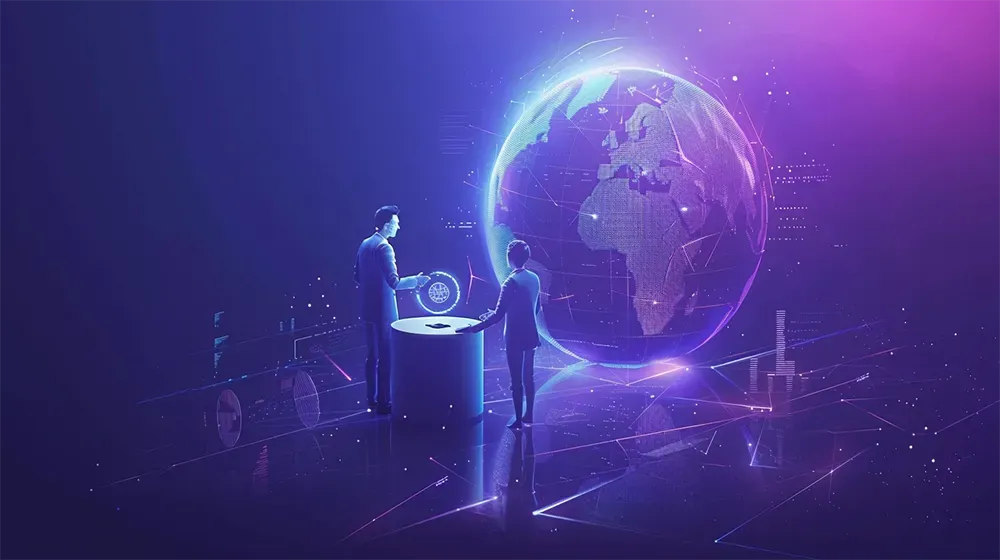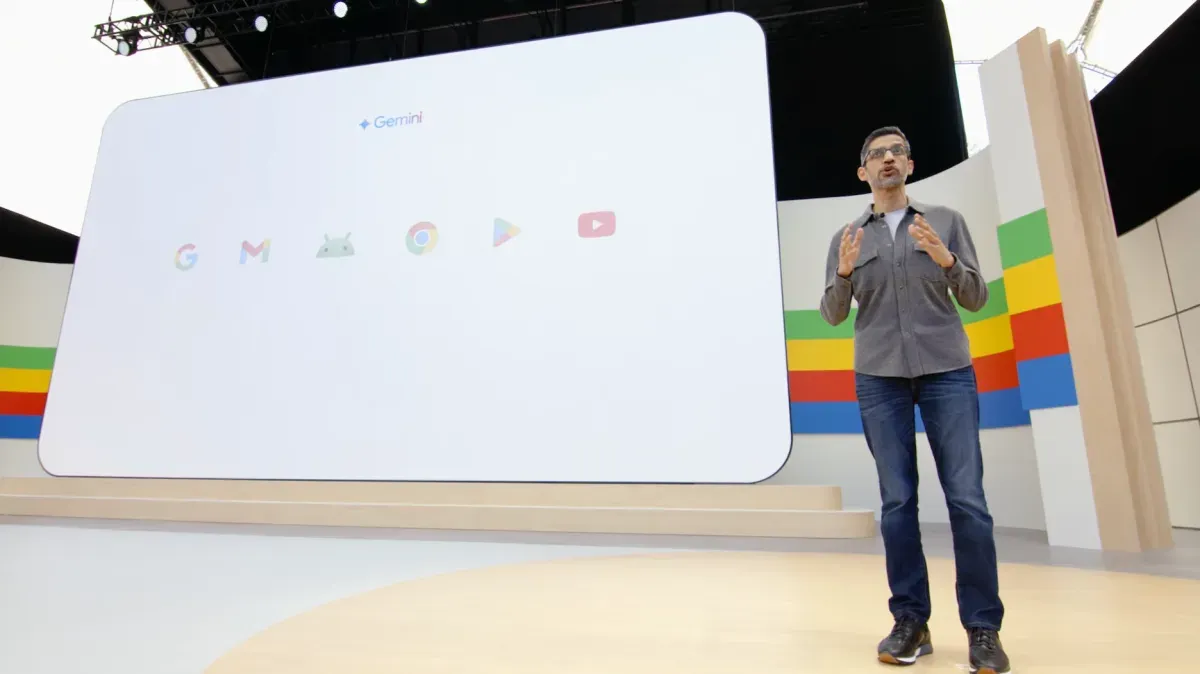The Search (R)Evolution: Will ChatGPT Replace Google?

As Google braces itself, is OpenAI's new venture poised to revolutionize how we search, or is it merely a shiny new toy in the tech playground?
OpenAI is set to challenge Google's longstanding dominance in the search engine market with the anticipated launch of a ChatGPT-powered search engine. This new engine, rumoured to integrate AI capabilities deeply with live data, aims to enhance user interactions beyond traditional search queries. Unlike traditional search engines that rely on delivering a set list of links and ads, OpenAI's approach intends to integrate conversational AI to provide a more intuitive and interactive search experience.
For over two decades, Google has been the titan of the search industry, commanding nearly 90% of the global search market share. Its model, which primarily serves up advertisements and blue links, has remained largely unchanged at its core. However, OpenAI's new search engine, rumored to be revealed next week, proposes a fundamentally different approach. By combining the nuanced understanding of human language that LLMs like ChatGPT offer with the vastness of data available online, OpenAI could deliver a search platform that answers queries, understands context, generates insights, and even anticipates needs.
The speculated features of this new search engine include a deep integration of AI that allows for real-time data processing and a more personalized search experience. This could mean that instead of sifting through pages of search results, users might receive concise, contextually relevant information directly tailored to their inquiries. With its partnership with Microsoft Bing, OpenAI has the potential to access a broader data ecosystem, enhancing the accuracy and relevance of the search outputs.
The move towards an AI-driven search engine reflects a broader trend in technology where AI is not just an aid but a central component of user interaction. OpenAI's approach could redefine user expectations around search engines, shifting from static result pages to dynamic, conversation-driven information discovery. This shift represents not just a technological advancement but a potential redefinition of the digital search landscape.
However, this innovation brings forth questions about the future of search. Will a more AI-integrated model lead to better user experiences, or could it complicate the already complex landscape of digital information?
As we stand on the brink of this potential search revolution, we must consider whether this change will enhance our ability to navigate the vast amounts of information online or if it will lead us into a new era of digital complexity. As OpenAI gears up to unveil its latest innovation, the tech world watches eagerly, poised to see if the future of search will indeed be rewritten.
Read more about it on Tom's Guide.
----
💡 If you enjoyed this content, be sure to download my new app for a unique experience beyond your traditional newsletter.
This is one of many short posts I share daily on my app, and you can have real-time insights, recommendations and conversations with my digital twin via text, audio or video in 28 languages! Go to my PWA at app.thedigitalspeaker.com and sign up to take our connection to the next level! 🚀







